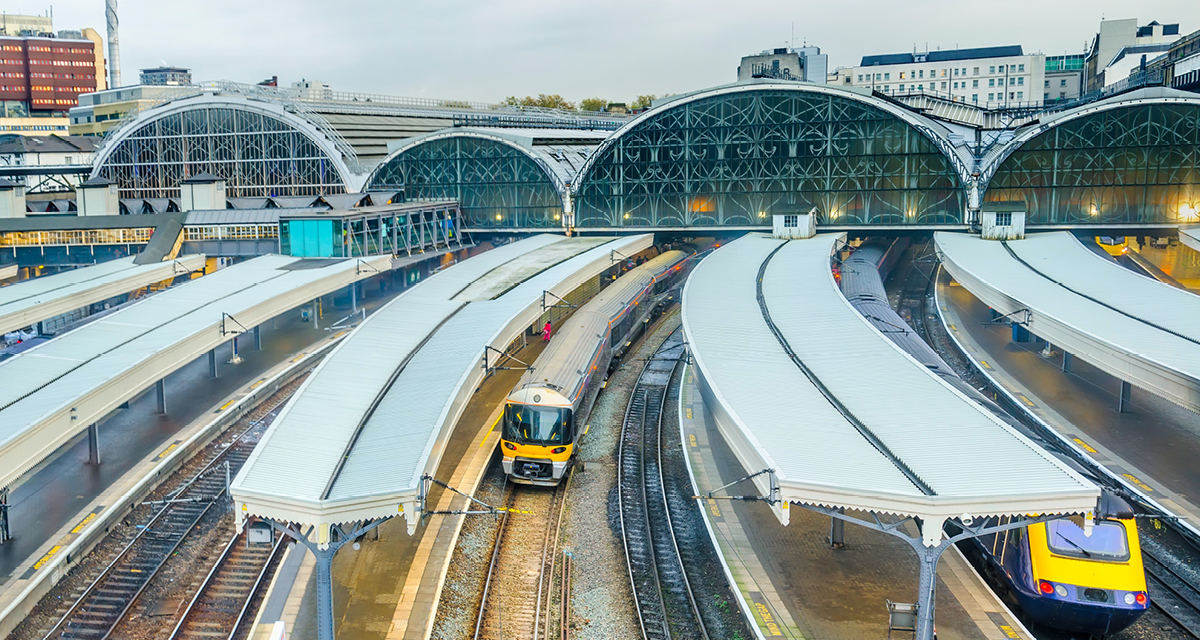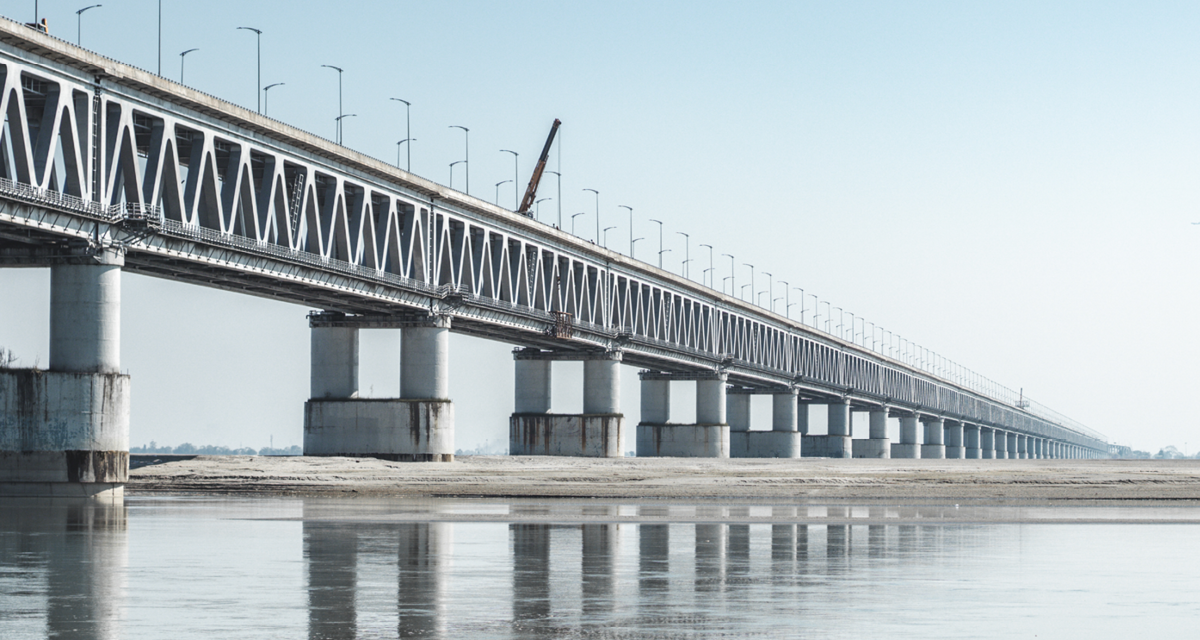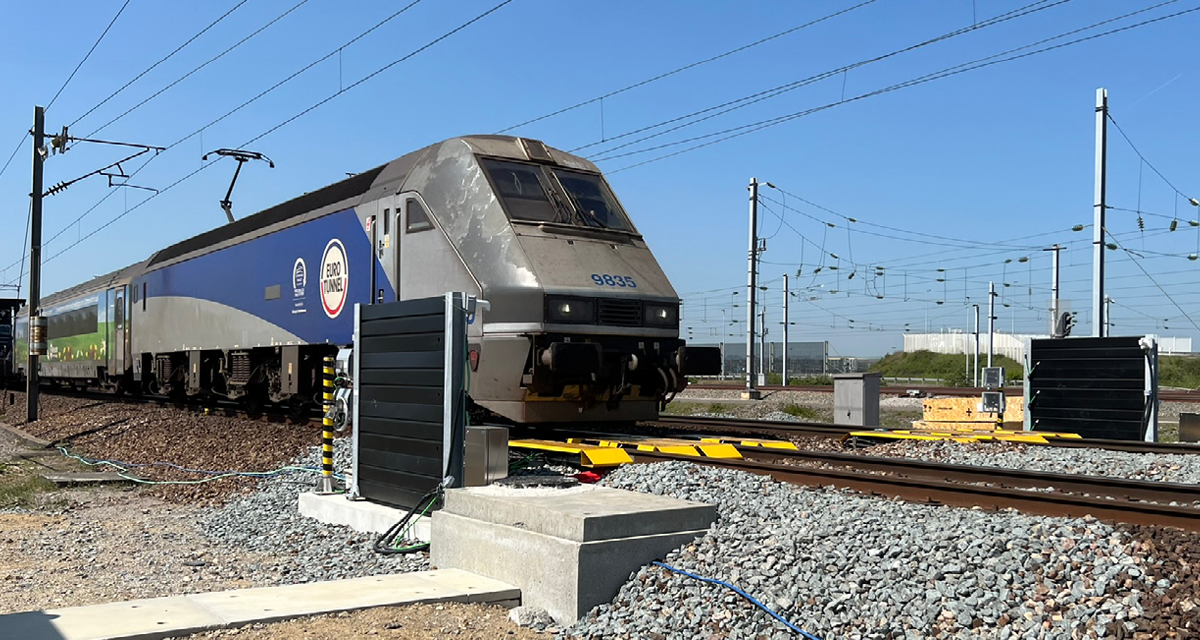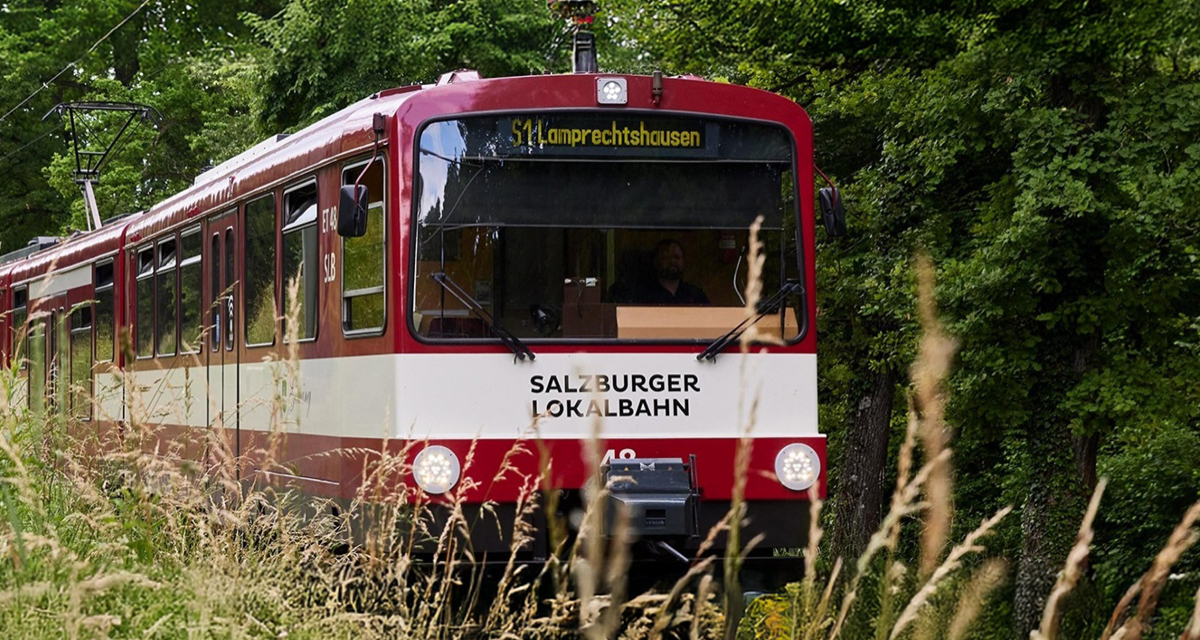Notification Center
Train DetectionUnited States of America
Tracking Trains in Houston
Houston MetroRail (METRO for short) is comprised of three light-rail lines covering 22 miles. Two-car, low-floor trainsets are powered by overhead catenary and operated on a mix of rail types, including embedded, grooved, concrete, and ballasted track. Harsh weather conditions such as extreme heat, humidity, and storms with heavy rains causing floods are typical for Houston. Combined with the variable track structure this caused significant malfunctions of the wheel sensors of METRO’s signalling system.
In order to improve the system, METRO conducted trial installations with several suppliers of axle counter solutions to demonstrate features and the overall performance of their respective products. Due to the complicated track structure and environmental conditions, Frauscher quickly understood that the required wheel sensors had to be simple to install, immune to extreme heat as well as waterproof as floods could easily occur. The trial results demonstrated that the Frauscher Advanced Counter FAdC® met all of METRO’s requirements in terms of environmental influences, interfaces, reliability and seamless integration into the existing infrastructure.
The flexible design of the FAdC® allows efficient data transfer via relay interface to the traffic control system and interlocking. Additionally, two optional intelligent functions, Supervisor Track Sections and Counting Head Control, were used to counter the effects of unexpected influences such as metallic debris. The installed Frauscher Wheel Sensor RSR180 is extremely robust and not affected by any environmental influences.
In total, 565 Wheel Sensors RSR180 were installed along the rail line, and the axle counter Frauscher Advanced Counter FAdC® in 103 locations throughout the network to guarantee a flawless operation of the line.
Excellent match of requirements
The Frauscher axle counting solution met all of METRO’s environmental, interface and reliability requirements. The straightforward installation and smooth transition from the existing train detection system was highly appreciated by the operator.
Reduction of costs
The new system caused a significant reduction in down time and maintenance costs, which will continue to add up over the lifecycle of the system. The additional smart functionalities that were implemented increased the availability of the system even further.
This might also interest you

Train Detection, ServicesUnited Kingdom of Great Britain and Northern Ireland
Cutting delays through data-driven maintenance

Train DetectionIndia
Ensuring reliable rail operations across India´s longest rail-road bridge

Train DetectionFrance
Axle counting adds fail-safe control to laser diagnostics

Data TransmissionIndia
South Central Railway
